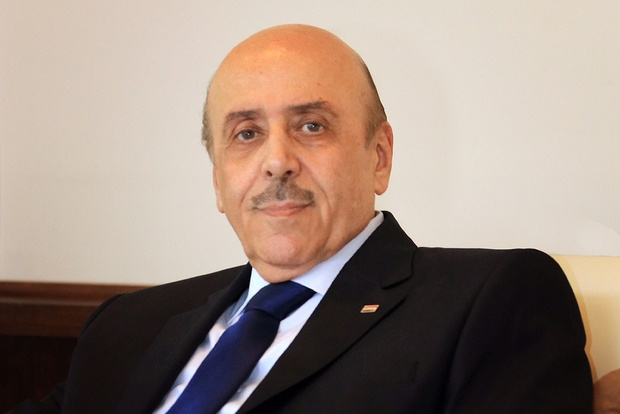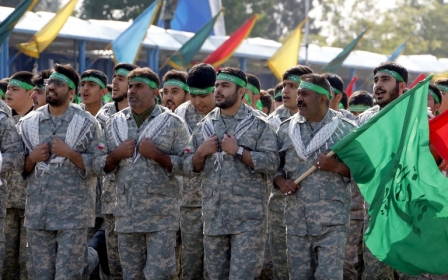US State Department denies Damascus meeting with Syrian security chief

A US State Department spokeswoman said on Wednesday that a report that US officials visited Damascus in June to meet with Syrian officials did not reflect reality.
"It doesn't reflect any reality that we are certainly aware of," said spokeswoman Heather Nauert. "We've seen that report. It doesn't reflect what the US government is tracking at this point ... I am not aware of any meeting to that effect."
Earlier on Wednesday, Reuters reported that US intelligence and defence officials met with Syria's security chief Ali Mamlouk in Damascus, citing unidentified sources.
The officials said the meeting was part of an "ongoing dialogue with members of the Assad regime" about driving the Islamic State (IS) group from Syria, Damascus's stockpile and use of chemical weapons, including chlorine, and the fate of American journalist Austin Tice, who US officials believe the Syrian government or its allies are holding.
Since Syrian President Bashar al-Assad cracked down on protests against his rule in 2011, Washington has backed the Syrian opposition and some rebel groups during the resulting civil war.
Still, last year US President Donald Trump shut down a CIA-run military aid programme to help rebels.
Mamlouk, who heads the National Security Bureau, is regarded as one of Assad's closest security advisers. He holds the military rank of major general and is on the European Union's sanctions list.
Earlier this year, Mamlouk was reported to have met with Italian officials in a bid to normalise relations between Syria and the West.
Bruno Kahl, president of Germany's Federal Intelligence Service, has emphasised the need for contacts with Syria to gain information on IS and al-Qaeda.
Middle East Eye propose une couverture et une analyse indépendantes et incomparables du Moyen-Orient, de l’Afrique du Nord et d’autres régions du monde. Pour en savoir plus sur la reprise de ce contenu et les frais qui s’appliquent, veuillez remplir ce formulaire [en anglais]. Pour en savoir plus sur MEE, cliquez ici [en anglais].



